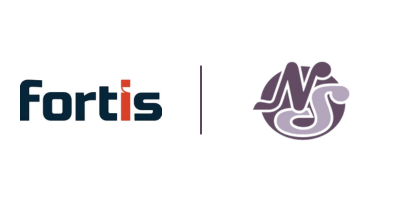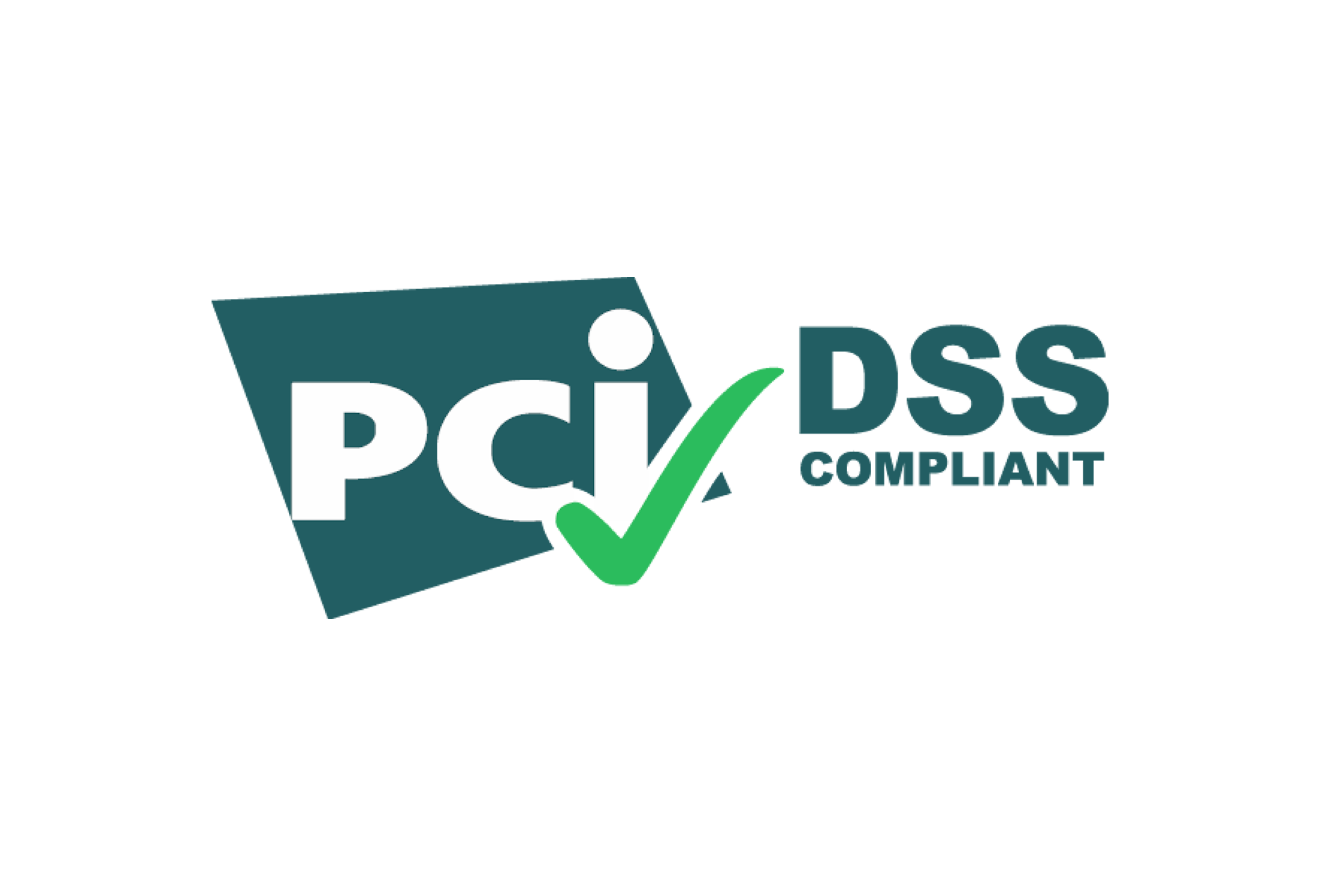Understanding Common Modifiers in Insurance Billing
Enhancing Billing Accuracy and Reimbursement Through the Correct Use of Modifiers in Integrative Health Practices

Modifiers are an essential component of medical billing, providing critical information that clarifies the context of the services rendered. For integrative health practices, the correct use of modifiers can significantly impact the accuracy of billing and the likelihood of reimbursement. This article explores the most commonly used modifiers, explaining their purpose and offering guidance on when and how to apply them.
What Are Modifiers?
Modifiers are two-character codes (either numeric or alphanumeric) added to CPT (Current Procedural Terminology) and HCPCS (Healthcare Common Procedure Coding System) codes to provide additional details about the services or procedures performed. They indicate that a service or procedure has been altered in some way without changing its core definition. Modifiers help insurance companies understand the specific circumstances under which a service was provided, which can influence coverage decisions and reimbursement amounts.
Key Modifiers and Their Uses
Here are some of the most common modifiers used in insurance billing, along with explanations of their appropriate use:
- Modifier 25: Significant, Separately Identifiable Evaluation and Management Service
- Purpose: This modifier is used when a significant, separately identifiable evaluation and management (E/M) service is performed by the same practitioner on the same day as another procedure.
- Example: A patient visits for a scheduled acupuncture session but also requires an E/M service for a new complaint. Modifier 25 would be added to the E/M service code to indicate that this service was distinct and necessary, separate from the scheduled treatment.
- Modifier 59: Distinct Procedural Service
- Purpose: Modifier 59 is used to indicate that a procedure or service was distinct or independent from other services performed on the same day. It is often used to unbundle procedures that are typically considered part of a single service.
- Example: If a chiropractor performs manual therapy on the cervical spine and acupuncture on the lumbar spine during the same visit, Modifier 59 would be used to show that these were distinct services performed on separate areas of the body.
- Modifier 51: Multiple Procedures
- Purpose: This modifier is used when multiple procedures are performed during the same session. It informs the payer that more than one procedure took place, ensuring appropriate reimbursement.
- Example: A massage therapist performs both a therapeutic massage and a myofascial release during the same visit. Modifier 51 would be applied to the second procedure code to indicate that it was an additional service provided during the same session.
- Modifier 76: Repeat Procedure by Same Physician
- Purpose: Modifier 76 is used when the same procedure is repeated on the same day by the same practitioner. It signals that the repeated service was necessary and distinct from the original.
- Example: If a naturopathic doctor administers an injection twice during a single visit due to patient needs, Modifier 76 would be applied to the code for the second injection to indicate that it was a repeat procedure.
- Modifier 24: Unrelated Evaluation and Management Service by the Same Physician During a Postoperative Period
- Purpose: This modifier is used when an unrelated E/M service is provided during the postoperative period of a surgery. It ensures that the service is not bundled with postoperative care and is separately reimbursed.
- Example: A patient returns for a follow-up visit after surgery but presents with a new, unrelated issue. Modifier 24 would be used with the E/M code to indicate that this service was unrelated to the recent surgery.
Why Proper Use of Modifiers is Crucial
Using modifiers correctly is crucial for several reasons:
- Accurate Reimbursement: Modifiers ensure that the services provided are billed accurately, leading to appropriate reimbursement. Misuse of modifiers can result in claim denials, underpayments, or audits.
- Avoiding Denials: Incorrect or missing modifiers are common reasons for claim denials. Proper use can reduce the risk of having claims denied or delayed.
- Compliance: Adhering to payer-specific guidelines for modifier use is essential for compliance with insurance regulations. This helps avoid potential penalties or issues during audits.
Best Practices for Modifier Use
To effectively utilize modifiers in your billing process, consider the following best practices:
- Stay Informed: Regularly review updates to CPT and HCPCS codes, as well as payer-specific guidelines, to ensure you are using modifiers correctly.
- Train Staff: Provide ongoing training for billing staff to help them understand the correct application of modifiers and the impact on claims processing.
- Use Software: Employ practice management software with built-in coding assistance to help identify when and how to apply modifiers.
Conclusion
Modifiers play a critical role in the medical billing process, particularly for integrative health practices where services can be complex and multifaceted. By understanding the purpose of common modifiers and applying them correctly, you can enhance the accuracy of your billing, reduce the risk of denials, and ensure that your practice receives appropriate reimbursement. Staying informed and organized will help you navigate the intricacies of insurance billing with confidence.















